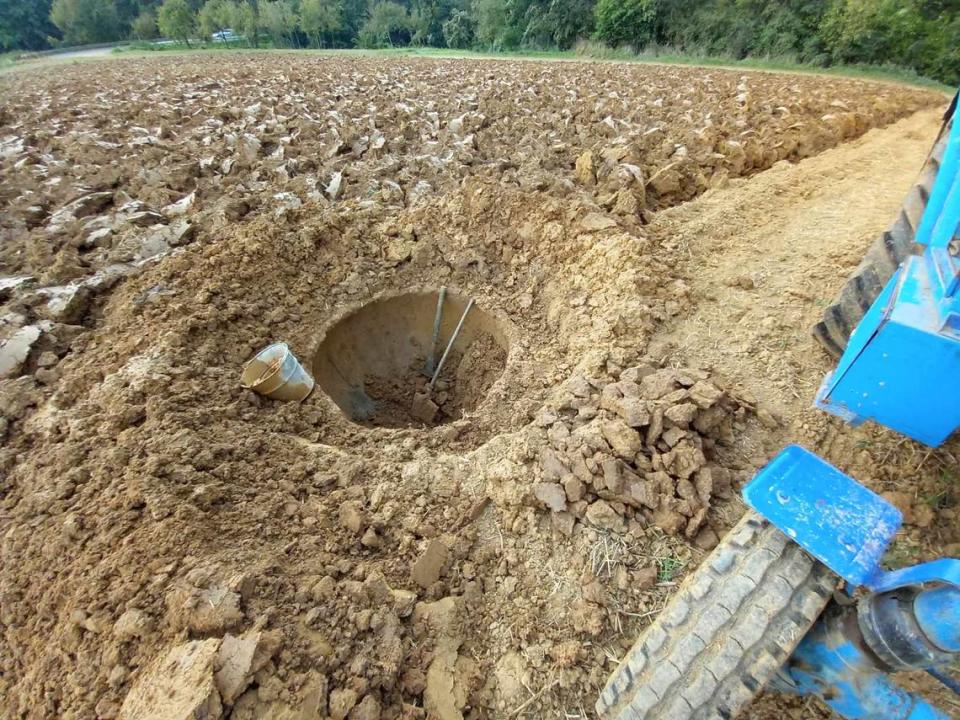Toyota is to develop a new generation of petrol-fuelled internal combustion engines, in the carmaker’s latest bet against electric vehicles.
In a joint press conference with Mazda and Subaru, the Japanese company on Tuesday unveiled prototype engines that it said would be smaller, more efficient and capable of burning eco-friendly fuels such as hydrogen.
It said the engine is designed to be used in tandem with a battery-powered electric motor and is expected to be deployed in future hybrid and plug-in cars.
Koji Sato, Toyota’s chief executive, said the decision underlined Toyota’s plan to cultivate “diverse options to ensure reductions in CO2 emissions”.
Under its “multipathway” strategy, the company has been slower than some rivals to embrace electric vehicles (EVs) and has stressed the need for alternatives to be considered as well, such as hybrids, hydrogen fuel cell cars, synthetic fuels and other low-carbon technologies.
Akio Toyoda, the car maker’s chairman, in January warned “the enemy is CO2” and that EVs were unlikely to ever capture more than one third of the global market due to infrastructure constraints.
On Tuesday, chief executive Mr Sato echoed those comments, saying: “To become carbon neutral, what’s most important is to reduce emissions.
“What we need is an engine that can efficiently use various types of fuel.
“The engine can’t survive in its current form. It needs to change.”
Toyota executives declined to say when the engines would launch or how much was being spent on them.
But they said the investment was a “magnitude smaller” than what the company is currently pumping into EVs and battery technology, as it braces for tough competition from price-cutting Chinese rivals.
The firm said the new internal combustion engines will be 10pc to 20pc smaller and designed to work best when paired with a battery-powered motor.
Toyota’s continued focus on hybrids has angered climate activists but has proved popular with consumers, with strong sales propelling the company to a record profit of 5.3 trillion yen (£26bn) in the year to April.
In that period, about 34pc of its sales came from hybrids and plug-in hybrids, compared to about 1pc from battery electric vehicles.
Only about 3,800 hydrogen fuel cell cars were sold, just 0.03pc of Toyota’s worldwide total.
At Tuesday’s event, Subaru and Mazda Motor also unveiled smaller and more powerful engines.
Toyota has separately unveiled plans to develop a so-called solid-state battery which it says could revolutionise EVs, providing much longer driving ranges and faster charging.
The company has vowed to launch more passenger EVs and ramp up sales in the coming years, with only one model, the bZ4X SUV, currently available.
It is aiming to sell 1.5 million battery EVs by 2026, compared to about 117,000 last year, and 3.5 million by 2030.
Signup bonus from



